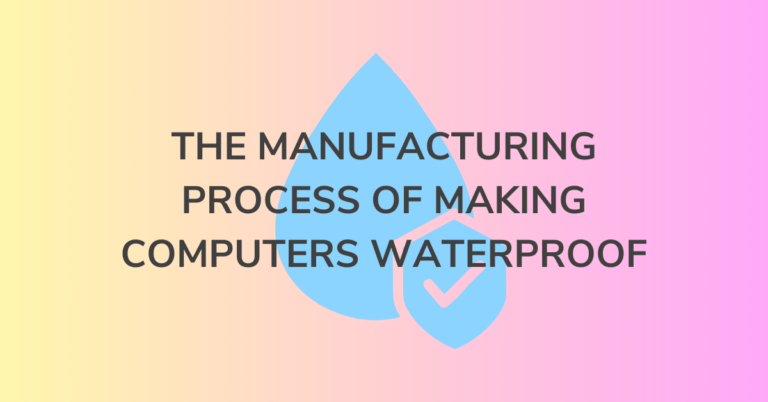The Impact of SAP IoT in Manufacturing

Imagine a world where machines communicate flawlessly, every piece of equipment performs at its peak, and the entire production line operates with the precision of a finely tuned orchestra. Using this technology is mainly becoming dependent on SAP Qualification for experts in the sector. Thanks to integrating Different Modules in SAP IoT within the manufacturing industry, this is today’s reality rather than one from a futuristic movie. Let’s discuss how this innovative technology is revolutionising factories, improving operating efficiencies, and redefining manufacturing in the future.
Table of Contents
Real-Time Data and Predictive Analytics
One of the most essential effects of SAP IoT on manufacturing is harnessing real-time data across the production line. Sensors and linked devices constantly collect data to enable real-time monitoring and analysis. This data-driven method allows producers to identify inefficiencies and challenges as they arise, facilitating quick corrective steps.
SAP IoT also adds predictive analytics capability. Using recorded data, manufacturers can forecast future events, such as equipment breakdowns or maintenance requirements. Often referred to as predictive maintenance, this proactive approach to maintenance can significantly save maintenance expenses and downtime. It is revolutionary for manufacturers to try to minimise the expensive disruptions caused by unanticipated equipment breakdowns.
Enhanced Supply Chain Visibility
For manufacturers, visibility across the supply chain is vital. With a clear picture of the whole supply chain made possible by SAP IoT, industries can monitor goods from reception to final product delivery. This visibility not only helps to maximise inventory levels but also enhances the accuracy of delivery projections.
For example, if a significant component is delayed, the system may instantly modify production plans and notify stakeholders about the anticipated delays, improving supply chain disruption response. This kind of agility is vital in market environments.
Improved Product Quality and Compliance
Quality control takes a front-stage role in manufacturing. By constantly monitoring manufacturing parameters and guaranteeing they remain below set boundaries, SAP IoT helps guarantee product quality. Constant monitoring lets one spot quality discrepancies in real time and make quick corrections as required.
SAP IoT also simplifies industry standards and rule compliance. By tracking compliance-related data and creating reports required for audits and regulatory assessments, the system helps streamline compliance and lower the risk of penalties or recalls.
Energy Efficiency and Sustainability
Although manufacturing consumes a lot of energy, SAP IoT can be quite helpful in increasing the energy efficiency of manufacturing operations. By tracking patterns of consumption, SAP IoT can find places where energy use might be maximised. For instance, it can plan high-energy-consuming activities during off-peak times to take advantage of cheaper energy prices or propose changes to procedures to lower total energy use.
Furthermore, sustainability is growing in significance, and SAP IoT lets companies monitor and control their carbon footprint. By means of operation data analysis, SAP IoT may recommend strategies to lower waste and maximise resource use, therefore matching production methods with sustainability objectives.
Empowering the Workforce
SAP IoT addresses people as well as machines and data. By including IoT technologies, SAP is drastically changing the way the workforce functions in manufacturing. Real-time information and data-driven recommendations empower employees to make decisions rapidly and effectively. This degree of empowerment enables employees to move from conventional, manual monitoring duties to more strategic activities, including improving product quality and optimising manufacturing processes. The employees thus become more valuable to the company, skilled, and involved.
Furthermore, the advanced tools SAP of IoT offers help employees guarantee more safety, reduce mistakes, and inspire innovation in the line of duty. This change increases output and significantly raises job satisfaction since employees can concentrate on meaningful and essential chores. SAP IoT is important in promoting the general performance and sustainability of manufacturing processes by allowing the workforce to participate more successfully in the company objectives.
Conclusion
SAP IoT integration into manufacturing is a transforming change affecting every aspect of the manufacturing process, not only a technology improvement. From increasing operational efficiency and product quality to boosting energy efficiency and enabling the workforce, SAP IoT provides a complete spectrum of advantages that drive industrial companies towards a brighter, more linked future. The Knowledge Academy emphasises the importance of such advancements in ensuring businesses stay competitive in an ever-evolving market.





